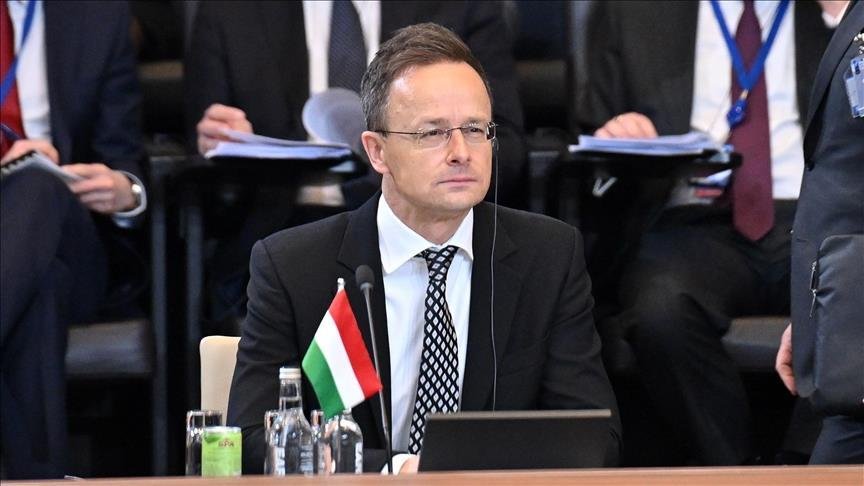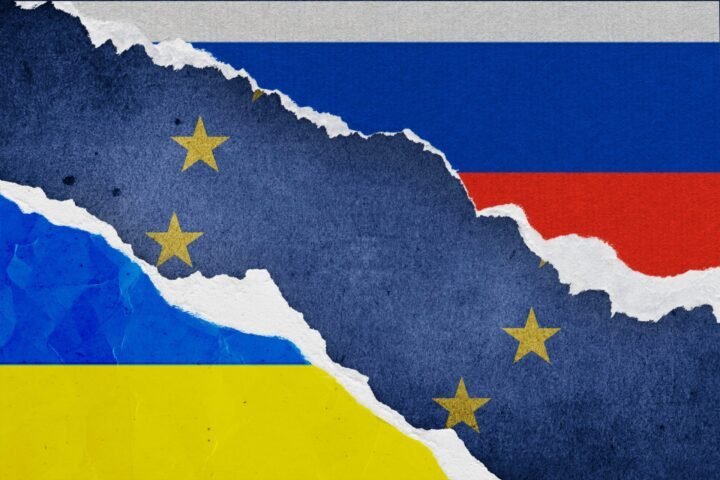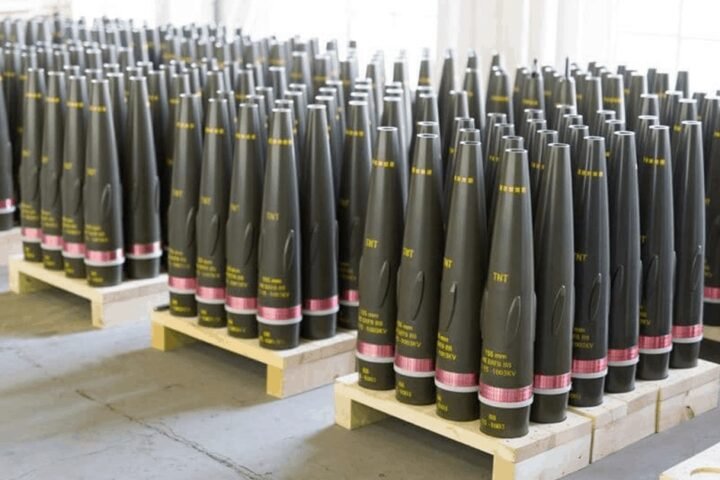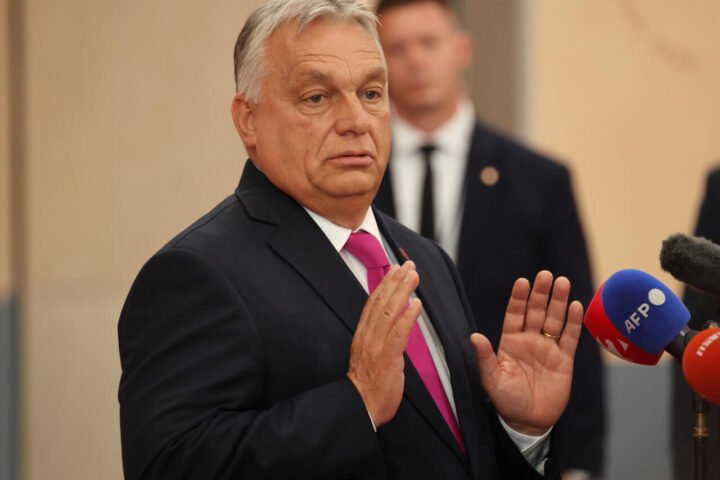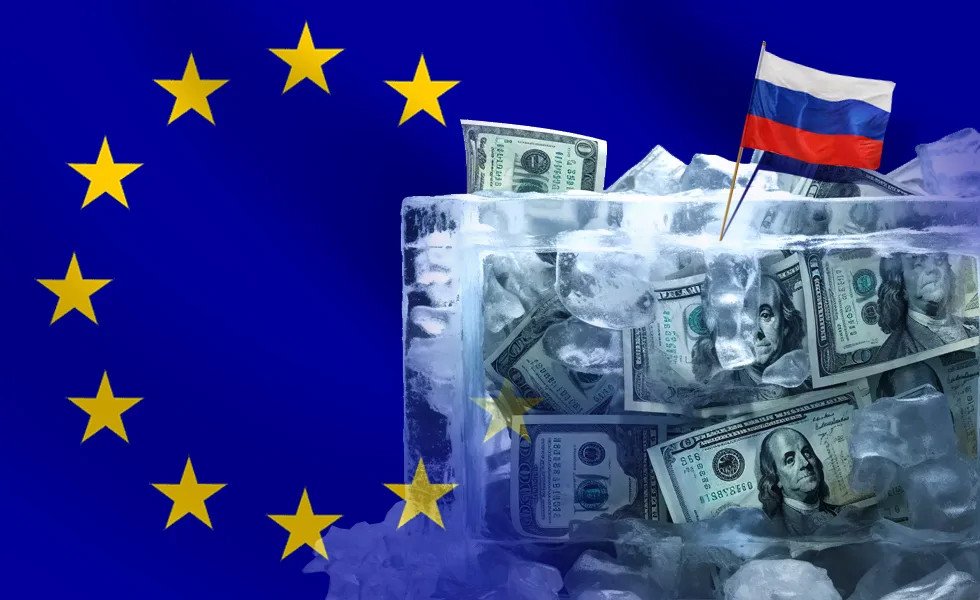On August 18, 2025, Hungarian Foreign Minister Péter Szijjártó hinted at the possible suspension of electricity deliveries from Hungary to Ukraine, despite the fact that these supplies are carried out on a commercial basis. In a post on Facebook, Szijjártó responded to remarks from his Ukrainian counterpart Andriy Sybiha, stressing that Hungary’s national interests come first. He added that “a large part of the electricity for Ukraine comes from Hungary.”
Hungary’s position and ties with Russia
Szijjártó underscored that Ukraine should take into account certain facts, such as Russia’s decades-long supply of oil to Hungary via the Druzhba pipeline, which Budapest sees as essential to its national interests. He cautioned that any Ukrainian action that could disrupt the functioning of this pipeline would contradict Hungary’s priorities. His comments reflect Hungary’s continued reliance on Russian energy sources, including gas imports and the planned Paks II nuclear project, which many in Brussels see as leaving the country vulnerable to Kremlin influence.
Ukraine’s reaction: accusations of political blackmail
Kyiv condemned the statement as a form of political blackmail, arguing that Hungary’s attempt to use energy as leverage serves Moscow’s interests at a time when Russia is trying to undermine Ukraine’s energy system. Ukrainian officials stressed that electricity supplies from Hungary are not humanitarian aid but commercial transactions handled by private traders. They noted that suspending these flows in the middle of war would undermine European solidarity and weaken the EU’s collective response to Russian aggression.
European context and risks for Hungary
The European Union has consistently emphasized that providing Ukraine with energy resources is part of its broader support policy. Selective threats from individual member states run counter to the principles of European unity and solidarity. Analysts in Brussels point out that Hungary’s stance exposes its dependence on Russian energy and raises questions about its reliability as a partner in EU energy security. By framing electricity supplies as a bilateral issue, Budapest risks contradicting the integrated nature of the European energy market. Any unilateral decision to halt exports to Ukraine without EU coordination could be seen as undermining the bloc’s common policy.
Outlook for Ukraine and regional security
Ukrainian authorities highlighted that, even in the event of Hungarian restrictions, the country can rely on alternative European partners thanks to its integration into ENTSO-E, the European power grid. While Hungary’s move is not critical for Ukraine’s energy resilience, it damages Budapest’s image within the EU. For Kyiv and Brussels, the episode underscores the broader challenge posed by Hungary’s energy dependency on Russia and the risks it brings to European security.
